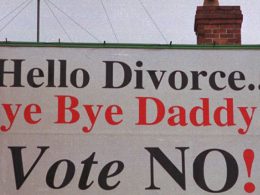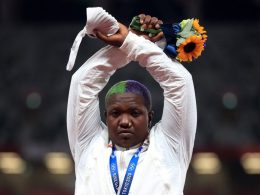With important victories this year for the LGBT community in Ireland, it was with an air of celebration and progress that an estimated 25,000 marched in the Dublin Pride Parade this June.
The theme of this year’s Dublin Gay Pride festival was “It’s a Human Thing” which reflects the expectation of many LGBT people that equality should have been achieved by now. The politicised atmosphere of the parade included groups such as LGBT Noise, Transgender Equality Network Ireland (TENI), Gay & Lesbian Equality Network (GLEN), student LGBT groups and many independent activists.
With the cases of Lydia Foy and Louise Hannon, Transgender people have made recent strides towards recognition and equality. The main political aim of the LGBT movement as a whole at the moment however is still marriage equality. The legal half measure of civil partnership has rightfully been seen by the LGBT community as unacceptable. It is seen by many as an attempt to legislate for discrimination.
On 14 August, LGBT organisations and individuals as well as supporters will take to the streets of Dublin to campaign for civil marriage. The LGBT movement is sick of inequality and half measures and will be continuing their fight for genuine equality. The Socialist Party fully supports the struggle for LGBT rights including full marriage and adoption rights for same sex couples.












